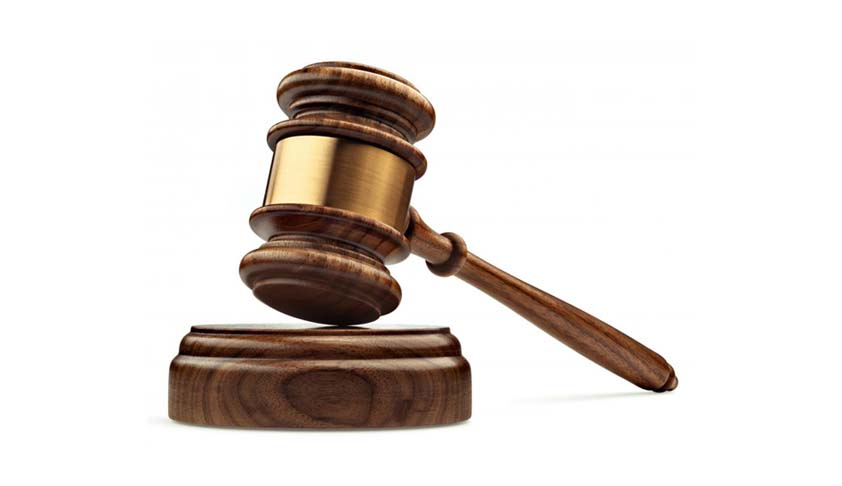One of the significant financial problems for anyone who has asked for a loan or credit is getting into a cycle of debt they can’t get out of. Regardless of the cause, difficulty or the inability to pay our debts can take a significant toll on our financial future. However, there are options —such as learning more about silverlake financial consolidating debt or filing for bankruptcy—to deal with the problem. At the same time, you look for ways to improve your finances.
We believe that there is always a solution, even in challenging situations. Believe that there is a way to achieve your financial goals. This guide will help you assess your situation and do the necessary things to get your debt under control.
Assess your situation.
First, inventory the money you owe to other people or financial institutions because you have obtained a loan or credit. Different types of debt include secured debt — such as a mortgage or car loan — and unsecured debt — such as a credit card. With an inventory in hand, calculate your debt, review your income and expenses, and create a personal budget based on the above.
If you have debts to settle, you may be facing debt collectors. In these cases, we recommend that you know your rights. This knowledge can have a significant impact on how you manage your payments. For example: if a debt collector contacts you, you can negotiate a payment plan to reach a mutual agreement based on your current capabilities.
How to Negotiate with a Debt Collector
One of the most challenging situations we face when we have debt is negotiating with debt collectors. It can, in many cases, be very stressful. That’s why we recommend that you prepare by educating yourself about the legal limitations of debt collectors and the best way to communicate with them.
Explore debt consolidation possibilities.
One option for dealing with your debt, especially if you owe several creditors simultaneously, is consolidating debt. Debt consolidation has advantages and disadvantages, and in general, the process can be an excellent solution for reducing or simplifying your payments. If you think this option is correct, it’s best to analyze your financial situation, weigh the pros and cons, compare your options, and negotiate what is best for you. Be careful: you have to pay attention to details to avoid possible scams.
Advantages of consolidating your debt
When considering which is better, whether to consolidate debt or go bankrupt, it is essential to know the advantages of the first option.
1. The process of protecting your credit score
Debt consolidation is not in the public domain.
Depending on the method you used to consolidate your debt, chances are you and the bank or other financial institution you choose will find out.
While the debt consolidation process will show up on your credit report, it doesn’t lower your score as much as filing for bankruptcy.
2. You will retain access to credit.
Unless prohibited by a debt consolidation agreement, you may be able to keep your credit cards. In a pinch, it might be helpful to have one on hand.
If you owe a lot, you may not be able to use your card or access additional credit.
3. Reduce the total monthly payments.
Debt consolidation will simplify managing your delinquent accounts.
You no longer have to follow up on multiple payments that also have different interest rates and with other lenders.
With debt consolidation, you must make a single monthly payment.
4. You can reduce the total interest paid.
You no longer have a lot of interest rates to worry about. Now only one and maybe lower.





